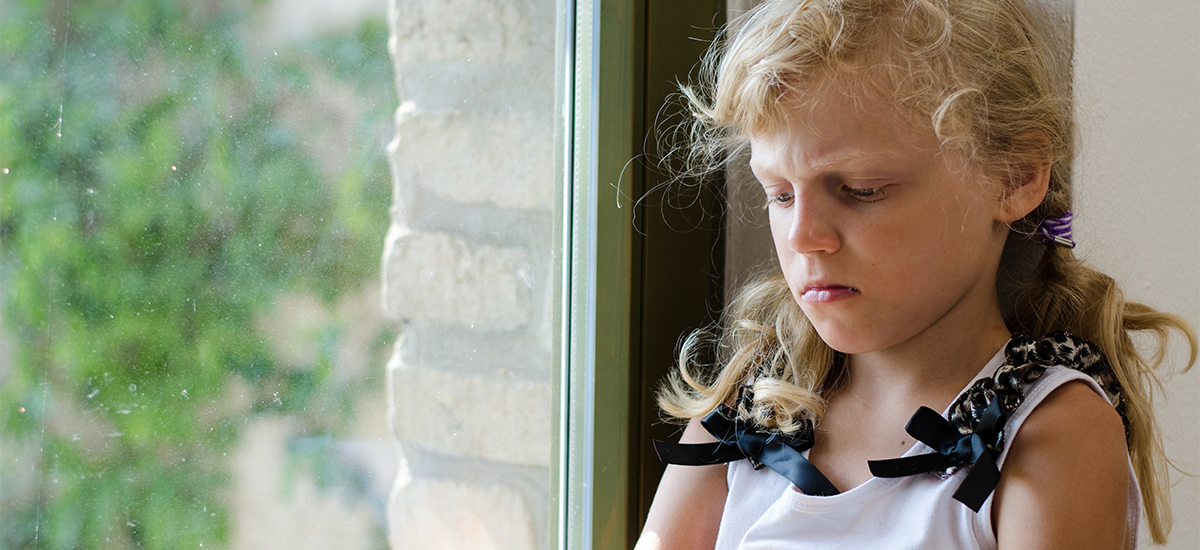You love your children and often enjoy their lively and silly presence. Sometimes, however, they can exhibit annoying behaviors. If you could only get rid of some of these irritating habits, maybe life would be a little easier at home.
Contrary to what most people think, the child is not being manipulative, mean, or anything quite like that. Oppositional and annoying behaviors emerge as a part of normal development for many children. They usually drop out as the child get’s older. However, how others (especially parents) react and respond to these behaviors when they happen can cause an increase in them.
Reprimands, threats, other punishments are not very likely to change annoying behaviors. One comment we are all guilty of using, “If I told you once, I have told you a thousand times.” We hear that a lot, and we know from research that the statement and any verbal reminder does not change annoying behavior.
Help! My Child Is Annoying!
Most children (and adults!) exhibit annoying behaviors from time to time. It gets difficult when these annoying behaviors begin to happen more frequently. Many parents don’t know how to deal with these types of behaviors because they are just so aggravating. What parents usually do is reprimand, lecture, or use punishment to try to get these behaviors to decrease. These techniques don’t often help and the annoying behavior continues or even increases. In this newsletter we will give you some strategies to decrease mild annoying behaviors such as:
- whining
- complaining
- making noises
- talking too loudly
- bad table manners
- interrupting
- teasing
- pleading
If your child exhibits some of these behaviors, choose one to focus on eliminating at a time. Try out the techniques below on that one behavior to see the best results.
Pay Attention!
The most effective way to reduce annoying behaviors is to give attention to their positive opposites. The positive opposite is the behavior you want instead of the annoying behavior. For example, if your child whines, the positive opposite would be speaking in a calm or normal tone of voice. If you pay attention whenever your child asks for something in a calm or normal tone, you will see it happen more. Your attention is that powerful! You can pay attention by making eye contact, talking to your child, praising, or using touch like a high five or a hug.
Here is a great Slate article with more information on this topic!
Using Planned Ignoring
Planned ignoring can be an effective tool to decrease annoying behaviors. Many parents tell us they have tried ignoring, but have found that it does not work. Ignoring should be done in a specific way in order to decrease the annoying behavior. To use ignoring you would not look at the child or talk to the child during the annoying behavior. The key is to be sure to quickly switch and give your child positive attention when the annoying behavior stops or when the positive behavior happens.
